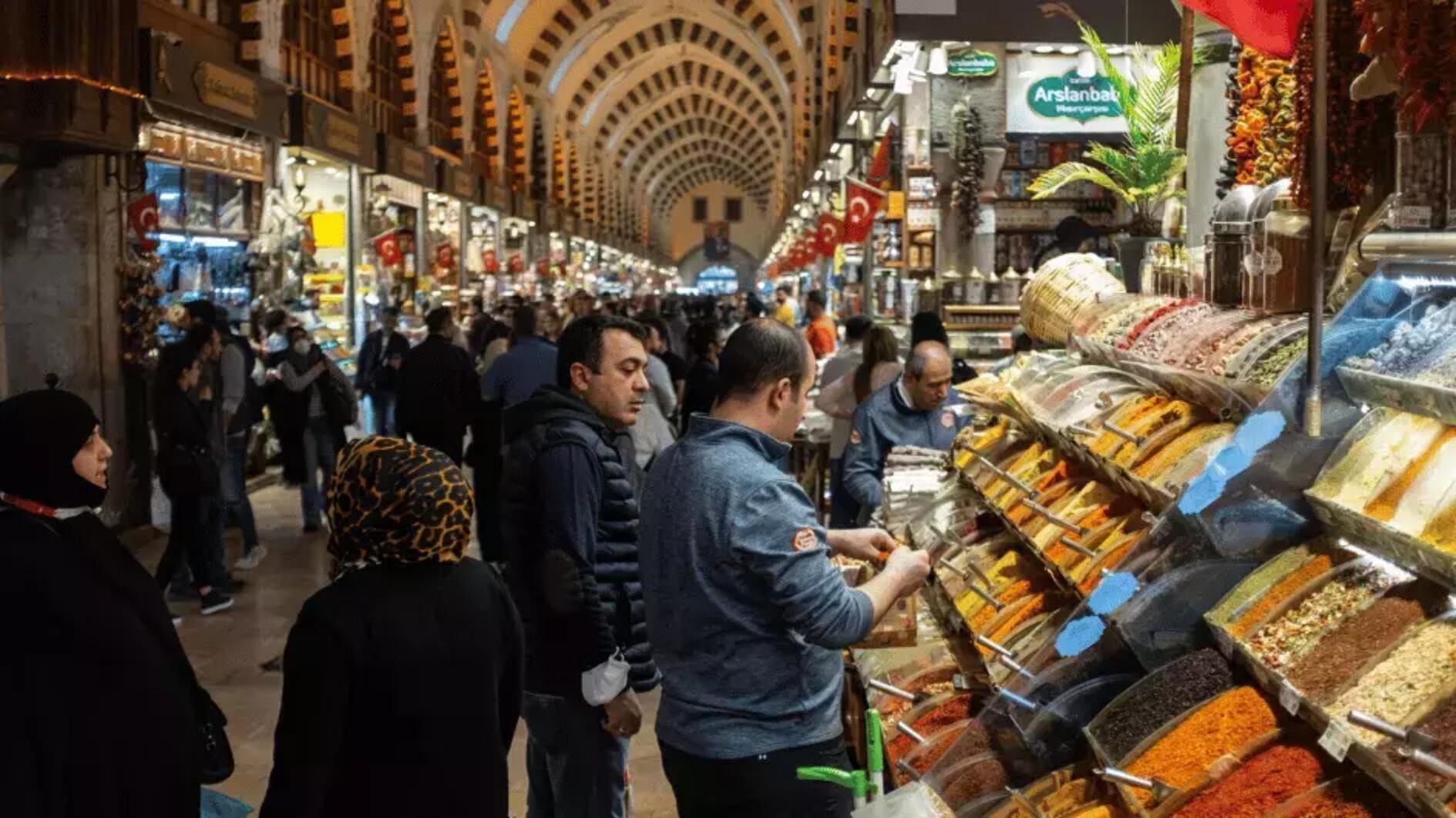South Africa staring down dire water crisis
JOHANNESBURG

As South Africa faces a serious water crisis, the country's water and sanitation minister urged people on Oct. 28 to use water sparingly before they start facing severe water restrictions.
"South Africa like many other parts of the globe is seeing a very dry season getting longer, more intense, and more frequent," Lindiwe Sisulu told a media briefing on falling water levels in dams.
"Climate change is a reality and it is affecting South Africa in this way," she said, adding that some water supplying bodies had started imposing water restrictions such as cutting water supplies at certain hours.
On Oct. 28, Rand Water -- which supplies water to the northeastern Gauteng province, the economic hub Johannesburg, and the capital Pretoria -- imposed water cuts as a precautionary measure.
The utility said daily consumption had risen in Gauteng during the dry season from 4,000 million liters to over 5,000 million liters, which has become unsustainable under prevailing conditions.
The central city of Kimberley has been cutting water supplies during the night to save scarce natural resource. Water shortages have also led to a
spike in food prices, as some farms are losing livestock as a result.
The drought has been spreading across South Africa and neighboring countries over the past few months. Nearly one million people in the central Free State province are without water.
Sisulu also said water restrictions are also being implemented in the Limpopo and Eastern Cape provinces -- in the country's north and south -- where residents get only intermittent service.
"The situation is very serious but does not call for panic. We are experiencing water stress. We need to start disaster proofing and keep South Africans informed on how to adopt to the situation," she said.
The official said what is intensifying the water crisis is a lack of rainfall, which has become difficult to predict. Water experts hope South Africa will start getting rain in December but until then people have to use water sparingly as cities are expected to impose stricter fines for water abusers.
Last year some cities imposed fines for those found washing their cars with hosepipes, or homes that went over the limit in water usage.
















